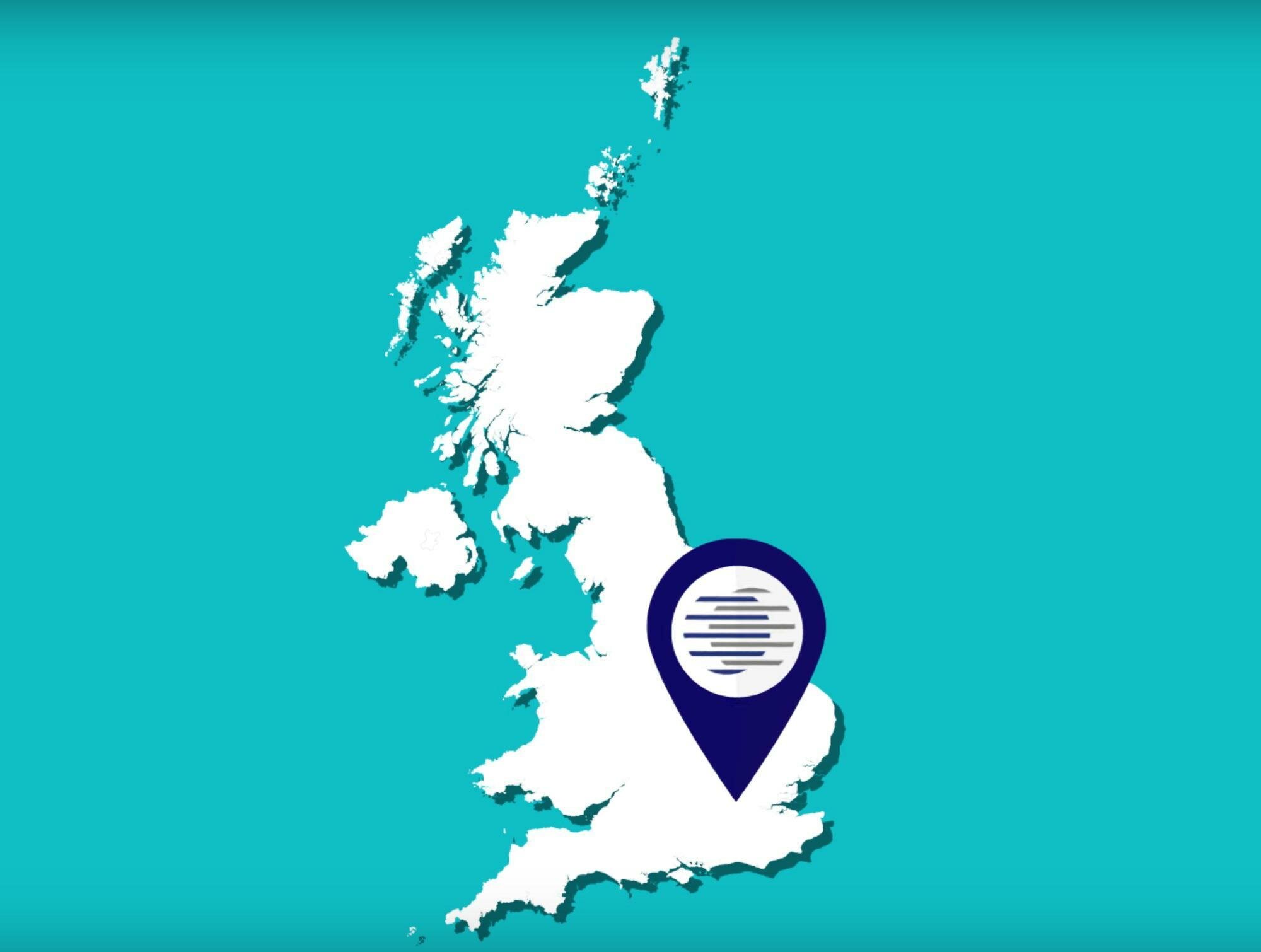07th December 2015
Designing a world-class data centre is no simple task. You need to think about power, cabling, cooling, efficiency, accessibility and security, not to mention having enough room to actually house the entirety of your IT equipment.
You also need foresight. Many organisations today are in the difficult position of having built data centres one or two decades ago without really understanding how their needs would change in the future. These server rooms often have a lot wrong with them, whether that's in terms of reliability, propensity to failure, or cost. Others are simply grossly unsuited to the requirements of 21st century IT.
Our managing director, Joanna Sedley-Burke, documented a few examples of this in her recent LinkedIn blog . Sometimes, though, the problems are less obvious: unlike a server room run out of a bathroom or bikeshed, they're issues that are only visible to the expert eye. For this reason, a professional data centre health check is often a judicious investment.
Should you bring in an IT partner to carry out this kind of audit, expect to see attention turned to the following:
Energy efficiency
Data centres use a lot of energy. For one thing, the servers themselves need to be fed with power. Beyond that, there's cooling, lighting, surveillance equipment and fire prevention systems to think about.
A data centre health check will help you to determine whether your power usage effectiveness is within an acceptable range for your organisation's IT needs, and whether there's anything you can do to bring it down and therefore save money.
Server utilisation
Another potential source of inefficiency in data centre design is low server utilisation. You could be powering more racks than you actually need, for example. A competent IT partner should be able to help you migrate to a more modern, virtualised environment that eliminates this waste.
Resilience
The mission-critical nature of modern IT means that uptime is more important than ever, but a lot of in-house data centres simply aren't prepared for failure by industry standards. A data centre health check will help you to identify downtime risks and areas in which you can better protect yourself from hardware failures.
Security
Finally, working with an IT partner to assess the health of your data centre represents an opportunity to measure how well you're meeting your security and compliance obligations. You'll want to look at controls for access to devices and data, of course, but also to the facility itself: can members of staff wander into the server room unchecked? And how easy would it be for somebody outside your organisation to break in?
You might think you already have the answers to these questions, but there's always a chance an independent audit could prove you wrong or make you realise there are risks you haven't considered.

